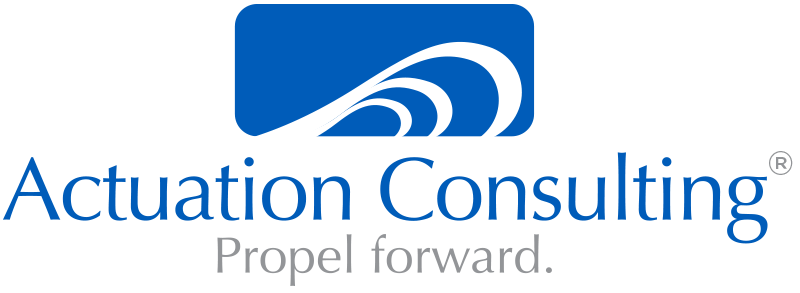Across the entirety of the product management community it often seems as if Agile (otherwise known as Iterative Incremental) methodologies command the product management airwaves. Heated debates take place not only in the product management community but also across related disciplines such as project management, business analysis, and engineering. However, actual facts about the prevalence of these product development methodologies are rarely cited and, are in fact, hard to come by.
Before we get into the facts I would like to go on record and say I’m product development methodology agnostic. I don’t favor one method over another. Why? Because I believe that each of the possible range of options has their unique pros and cons. The key to choosing the right methodology is heavily dependent upon the size, culture, and resources of the organization, what you’re trying to achieve, the degree of risk involved with the project, and a range of other factors.
In fact, it’s quite telling that most product managers aren’t actively involved in selecting the methodology used to develop their products and create value! Frequently our partners in engineering make this decision for us. Their desire to do this is not to circumvent us but because they feel that they have a better grasp of these methodologies than we do.
To be fair they’re often correct. How many product managers do you know that can cite the pros and cons of the various iterative incremental approaches and contrast these to serial (Waterfall) processes? Our lack of understanding of these product development methodologies enable these decisions to be made for us. To a certain extent we have only ourselves to blame!
But I digress. So let’s circle back to the topic at hand.
Imagine for a moment we’re in a classroom with 100 product managers. If I asked the class how many of the people in the room were using “pure” Agile (meaning only Agile methods without blending Waterfall and Agile for instance) how many hands do you think would be raised? The majority I bet. At least that is what industry marketing volume would lead you to believe.
However, the facts appear to show a different story. We recently conducted a global study of product team performance and one of the questions we asked was “what methods do you use to produce your product?” The data showed that only 12% of the 607 global respondents indicated that they used “pure” Agile methodologies to develop their products!
The majority of these organizations were under $50 million in annual revenue and as the size of company grew these numbers tailed off. In fact, and this may be a shock, “pure” Waterfall is actually more common than “pure” Agile! The term Waterfall is often perceived as “old school” and people are hesitant to even admit that they use this methodology. But our data clearly shows that 18% of organizations are “pure” Waterfall! 6% more than “pure” Agile.
Both Agile and Waterfall methodologies were completely trumped by Blended methodologies which won hands down. Blended methodologies combine both Agile and Waterfall techniques to achieve a desired organizational objective. So while the world of product development has been changed by the introduction (or some might say reintroduction) of Agile the facts indicate that the debate about Agile versus Waterfall misses the point.
The real question is not which is better but how to optimize the combination of both methodologies!
Greg Geracie is a recognized thought leader in the field of product management and the President of Actuation Consulting, a global provider of product management consulting, training, and advisory services to some of the world’s most well-known organizations. Greg is also the author of the global best seller Take Charge Product Management. He is also an adjunct professor at DePaul University’s College of Computing and Digital Media where he teaches graduate and undergraduate courses on high-tech and digital product management.

